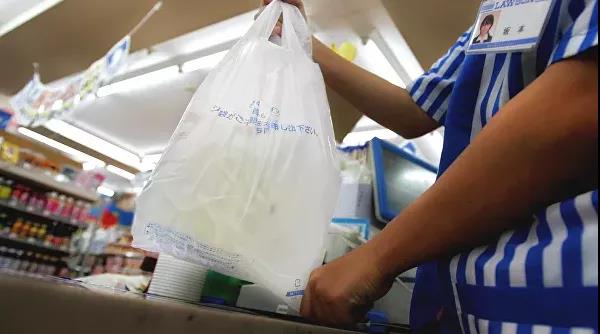In its efforts to build a greener world, the Swedish government is also considering a tax on disposable cups and food containers and deducting the cost of low plastic content. Sweden is also eyeing a bill that would require manufacturers to ensure that at least 75 percent of their packaging is recyclable.
For environmental reasons, the Swedish government has decided to ban the use of many types of single-use plastic products. According to the EU's Single-Use Plastics Directive, this is a blanket ban on plastic products that are considered harmful to nature and can be replaced with other "greener" alternatives. The ban will take effect from April next year and will apply to plastic cutlery, straws and chopsticks.

The Greens' Environment and Climate Minister Per Bolund told national broadcaster SVT: "It's a problem because our streets and squares are getting dirtier and also because it ends up in the ocean and destroys plant and animal life."
In addition, in the future, all companies that provide take-out food to consumers will have to be able to offer reusable alternatives. However, this particular change will not take effect until 2024, and some smaller restaurants will not be subject to this requirement.
Ultimately, these measures aim to ensure that excess plastic disappears and that the plastic still in use can be recycled to a greater extent. in 2020, the share of recycled plastic in Sweden is 24%.
"It also means we get a more circular economy where we recycle plastic and make sure we're not actually just buying and throwing it away, but that we can return it as a new product," Bolund said.
There will also be a fee for certain products that eventually lead to littering, and these include chewing gum and cigarettes thrown on the ground.
It is expected that the 600 million Swedish kronor ($70 million) generated by the fee will be distributed among the municipalities and used for cleaning.
Currently, the Swedish government is considering a tax on disposable cups and food containers, with deductions for products with low plastic content.
Under another proposal currently under investigation, 2025 could be the year that manufacturers must ensure that packaging is recyclable in order to sell their products. In other words, at least 75 percent of the material must be recyclable.

